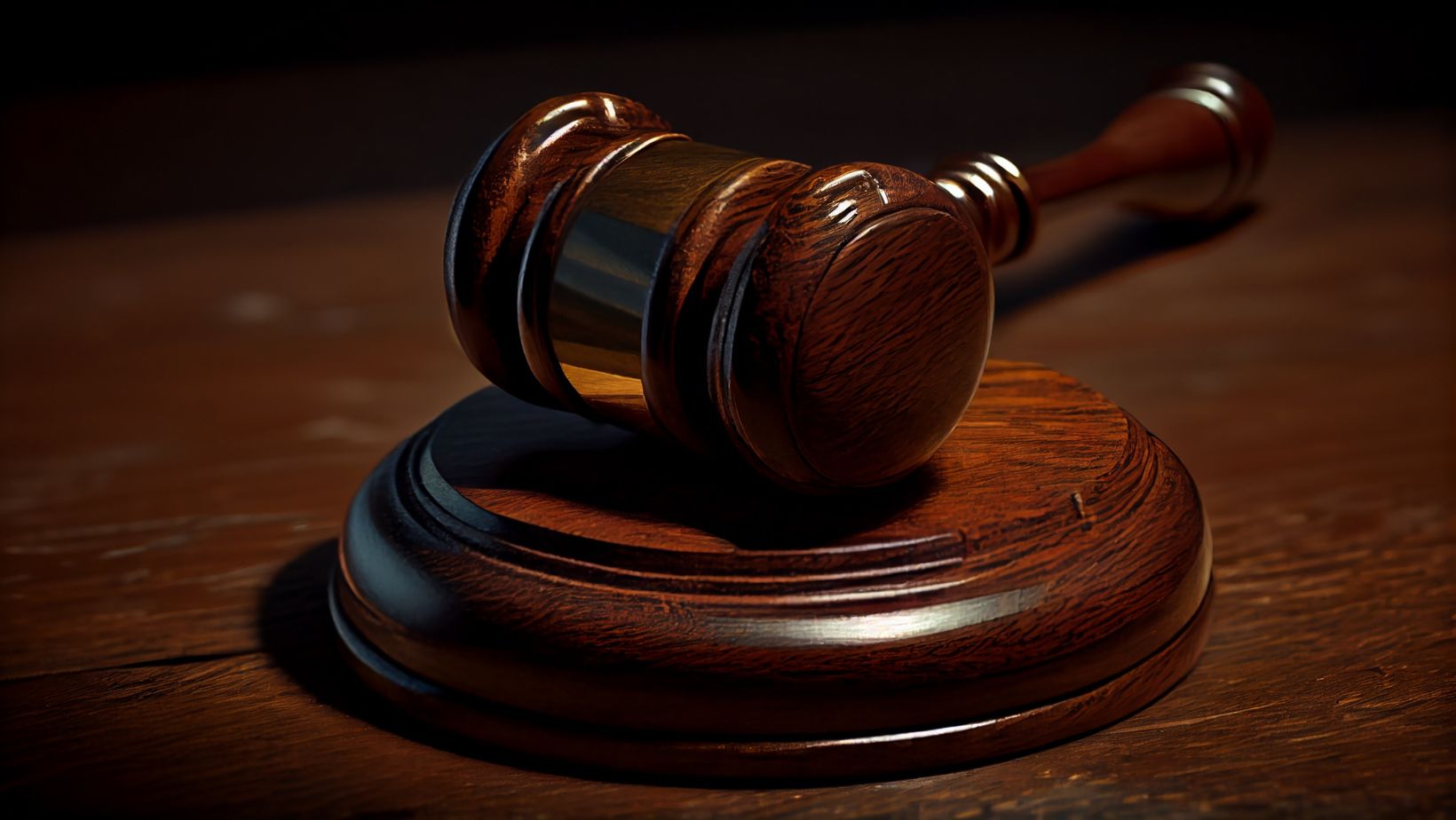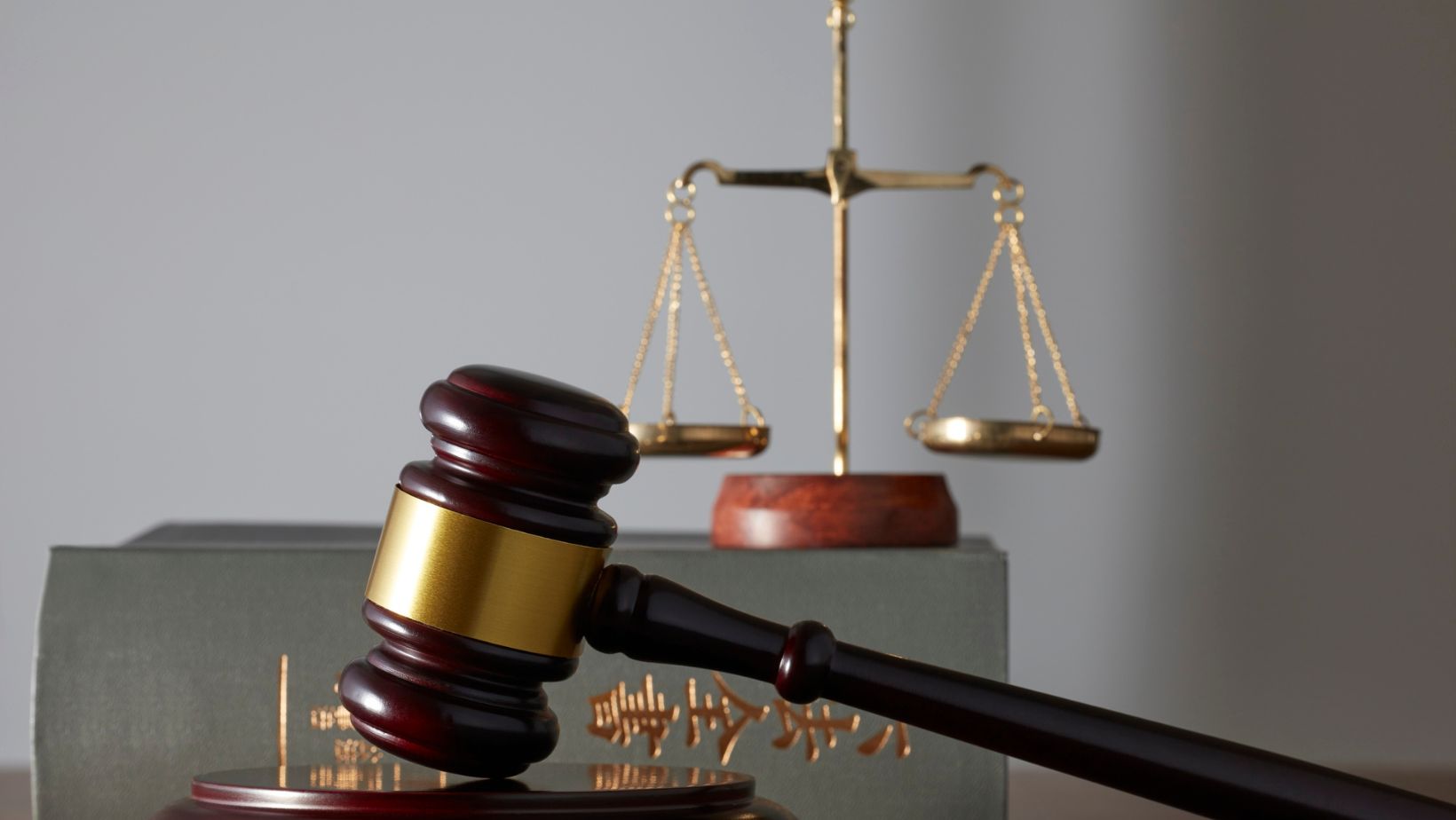
Most divorces never see a courtroom but when they do, everything changes. Cost escalates dramatically. Tone becomes adversarial. Control shifts from your hands to the judge’s. Knowing what trial actually entails helps couples decide intelligently whether it’s worth it or whether settlement makes more sense.
Some divorces need trials because settlement seems impossible. Most divorces would benefit from settling rather than fighting. Understanding actual trial experience helps couples make realistic decisions. Couples imagining Hollywood-style courtroom vindication often discover reality is boring, expensive, and uncertain.
Trial represents last resort when settlement fails and couples need judge to decide. Nobody should want trial. Trial means someone loses. Usually both sides feel they lost something. Trial means public record of private matters. Trial means expensive process with unpredictable outcomes. Trial should only happen when settlement truly isn’t possible. Most divorces that go to trial shouldn’t have.
Understanding trial reality means recognizing that judges make imperfect decisions based on incomplete information. That imperfection is why most couples prefer settling. You might get better deal through settlement than through trial.
Inside the Courtroom
Evidence presented systematically replaces private negotiation. Attorneys present their case through documents, testimony, and expert witnesses. Rules of evidence govern what information is admissible. Information you think is relevant might get excluded because it violates evidence rules. You might think certain facts are persuasive but judge disagrees. That uncertainty is inherent in trial process. You’re not presenting information to someone who knows you. You’re presenting to someone unfamiliar with your situation trying to piece together what happened.
Witnesses get called to testify about relevant facts. Your spouse testifies about their perspective. You testify about yours. Expert witnesses might testify about business valuations, child development, or other specialized topics. Witnesses get cross-examined by opposing counsel who tries to undermine their credibility or testimony. Cross-examination is often brutal. Witnesses experience it as attack. That aggressive questioning is normal trial procedure. Witnesses who aren’t prepared for it get shaken and perform poorly.
Cross-examination follows strict rules about what attorneys can ask. Still, it’s intimidating experience for non-lawyers. Your attorney prepares you for what to expect but nothing replaces actual experience. You sit on witness stand answering questions designed to challenge your credibility. Your ex-spouse sits in courtroom listening to you testify. Witnesses watch you testify. That public scrutiny stresses most people. Some people freeze. Others get angry. Few perform exactly as they hoped.

Risks and Rewards
Trials can vindicate your position if judge agrees with you. Getting judge to validate your perspective feels powerful. Getting judgment in your favor creates sense of justice. But that vindication only happens if judge agrees with your version of events. If judge doesn’t believe you, you lose. If judge believes some of your story but not all, you get partial victory. That unpredictability creates enormous stress. You’re gambling with your finances and family situation based on what judge decides.
Trials can devastate if judge rules against you. Losing on major issues means accepting outcomes you didn’t want. Losing means paying your attorneys for unsuccessful fight. Losing means public record of information you wanted private. Losing means anger and resentment lingering for years because judge made wrong call. That risk of catastrophic loss makes trial genuinely scary for rational people. Many people would accept reasonable settlement rather than risk trial ending disastrously.
Once you’re in court, outcomes belong to judge. You don’t control decisions anymore. Judge might make rulings that surprise you. Judge might interpret law differently than you expected. Judge might weigh evidence differently than you’d weigh it yourself. That loss of control drives many people crazy. After months controlling your case, trial means accepting whatever judge decides. That surrender of control is psychologically difficult even when you win.
Why Most Cases Settle First
Expense alone drives most cases toward settlement. Trial costs tens of thousands of dollars in attorney time. Expert witnesses cost money. Preparation time costs money. Multiple court dates cost time away from work. That accumulating expense sometimes exceeds what couples are actually fighting about. Settling for less money means paying less to attorneys than fighting to get more money. That economic reality drives rational settlements.
Stress and uncertainty create psychological pressure toward settlement. People endure months of trial preparation knowing outcome is uncertain. That uncertainty creates anxiety. Stress affects health, work, and relationships. Most people would accept reasonable settlement to eliminate that stress. Dragging case through trial extends that stress indefinitely. Settling ends the stress even if settlement isn’t perfect. That psychological relief matters more than perfecting financial outcome.
Privacy drives settlement preferences because trial makes private matters public. Information disclosed in trial becomes public record. Business secrets might become public. Parenting methods get scrutinized publicly. Financial details get revealed. Most people prefer privacy to vindication publicly. That preference for privacy pushes couples toward settlement rather than trial despite wanting judge to validate their position.
Conclusion
Understanding realities of divorce trial gives you perspective about when settlement is actually better choice. Sometimes walking into court is power because judge might agree with you. Sometimes walking away from court is power because you avoid disaster. That ability to distinguish between those situations creates wisdom. Most divorces settle because settlement makes more sense than trial. That shouldn’t feel like defeat. Settlement usually represents smart choice rather than weak choice.
Trial should be last resort when settlement truly isn’t possible. Fighting every issue through trial exhausts money and emotional resources. Most issues settle through negotiation. Issues that don’t settle through negotiation get decided by judge. That process works if you’re realistic about what trial costs and what it achieves.
Consider settlement seriously if offered. Trial is expensive, public, and unpredictable. Settlement is confidential, cost-controlled, and predictable. Neither is perfect but settlement usually wins by comparison. That realistic assessment helps couples make decisions serving their actual interests rather than pursuing vindication at unsustainable cost.















